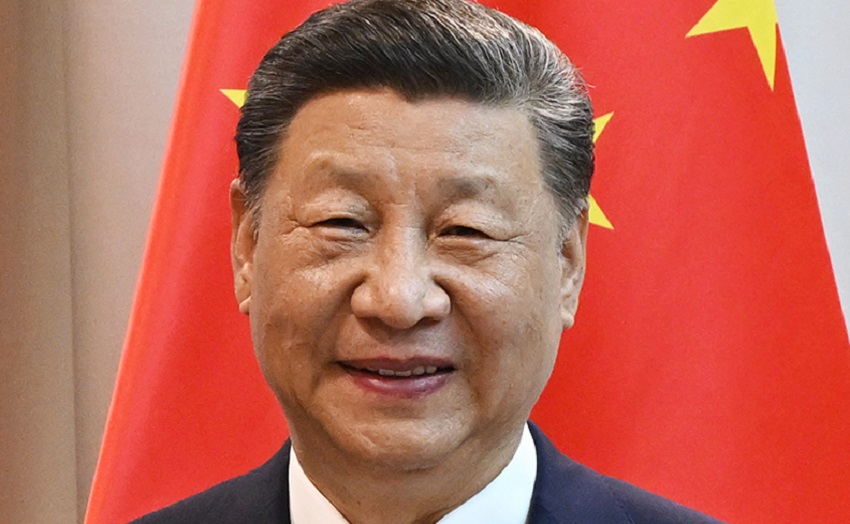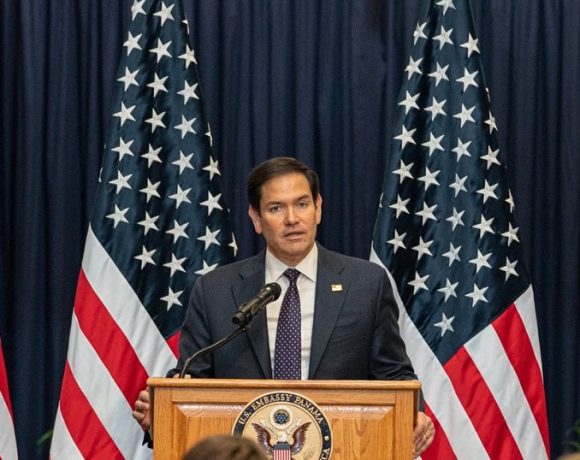
China to Collect Record $22 Billion BRI Debt in 2025
China is expected to collect a record $22 billion in debt repayments from developing nations under its Belt and Road Initiative (BRI) in 2025, according to estimates from the Lowy Institute. This figure constitutes a major share of the approximately $35 billion owed by low-income countries this year, highlighting the growing repayment obligations faced by economies already under fiscal stress.
This marks a significant shift in China’s BRI engagement—from the aggressive lending of the past decade to a phase increasingly focused on debt recovery and risk management. The implications for the global South, however, could be severe.
Mounting Pressure on Developing Economies
The record repayments come at a time when the poorest 75 countries are grappling with inflation, climate shocks, and post-pandemic recovery. Instead of channeling funds into public services such as health care, education, and green transition efforts, governments are being forced to meet their debt obligations to Beijing.
Examples such as Laos—whose economy is now heavily burdened by BRI-linked debt—serve as warnings of how infrastructure-heavy Chinese loans can translate into long-term dependency and economic vulnerability. For many debtor nations, the fiscal space to invest in development priorities has narrowed sharply.
From Lender to Enforcer: Beijing’s New Role
China’s overseas development finance has dropped drastically in recent years, but the obligations of past BRI loans are now maturing. This makes China less of a development partner and more of a debt enforcer. Countries that were once recipients of Chinese largesse must now contend with payment deadlines and reduced financial flexibility.
This repayment wave is likely to accelerate criticism of the BRI’s long-term sustainability, especially in regions like Africa and Southeast Asia where infrastructure loans were often extended without rigorous financial scrutiny.
Diplomatic Leverage and Geopolitical Risks
China’s aggressive debt collection is raising geopolitical concerns. In several recent cases, large-scale new loans or debt write-offs have coincided with countries switching diplomatic recognition to Beijing from Taiwan, prompting fears that financial leverage is being used as a foreign policy tool.
Critics argue that the BRI may be veering into neo-colonial territory, where debtor nations risk trading sovereignty for short-term infrastructure boosts. As global scrutiny intensifies, questions remain about how Beijing will respond to calls for greater transparency and debt restructuring in the years ahead.
The coming year may test not only the resilience of vulnerable economies but also the international credibility of China’s Belt and Road vision.


















